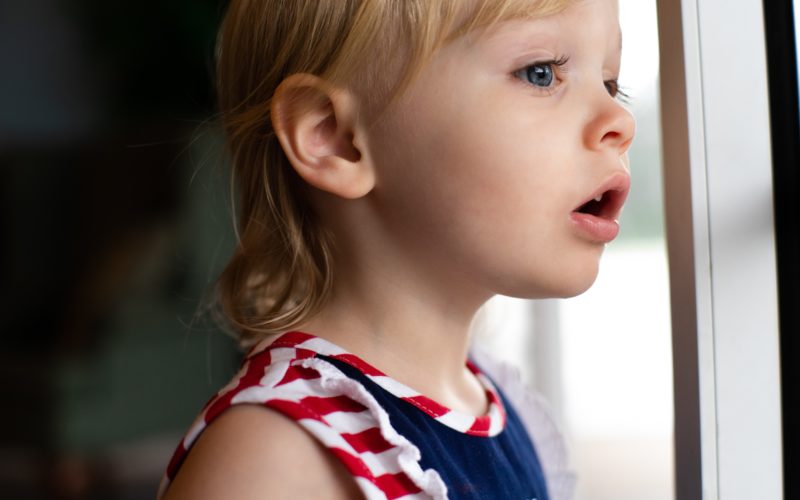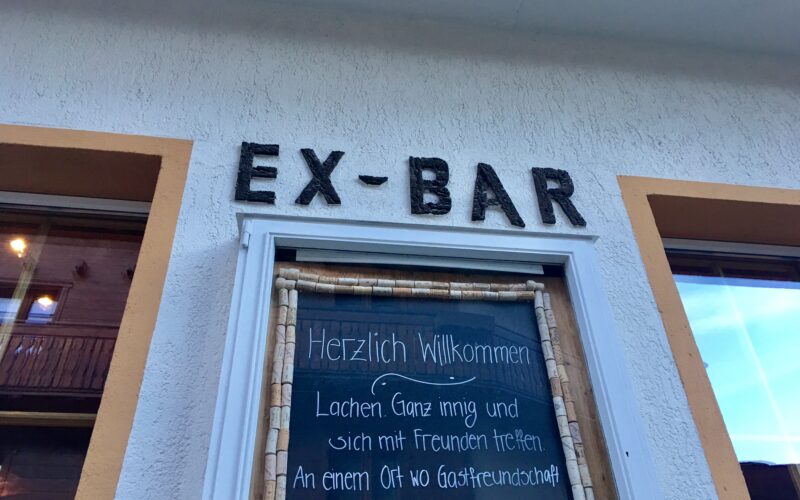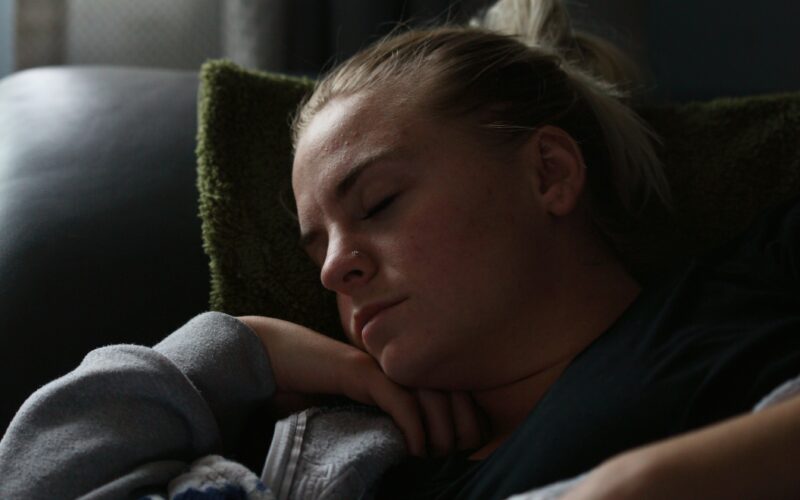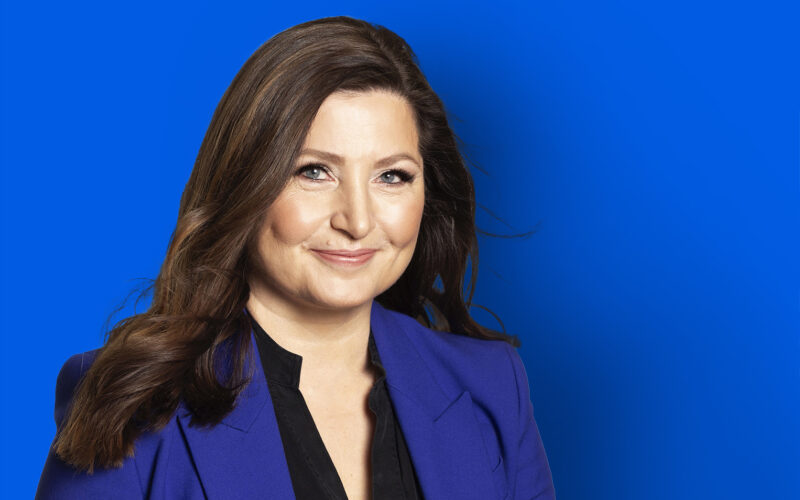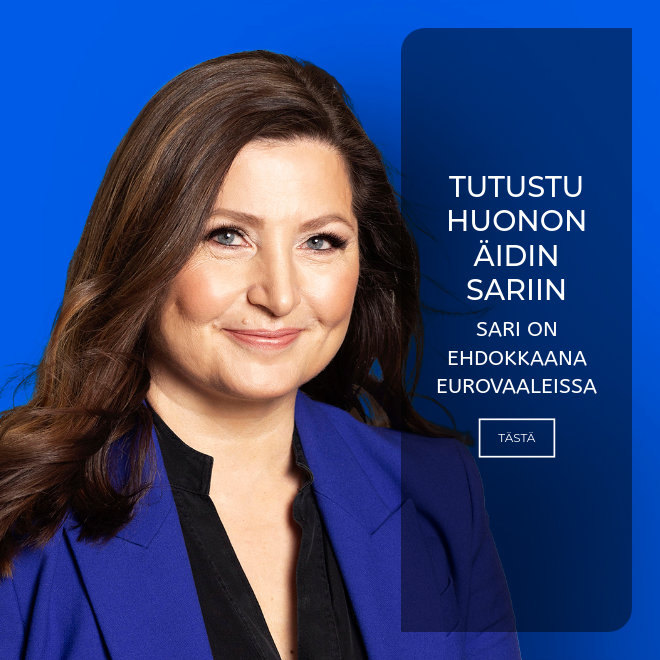Rintasi haluavat pähkinöitä!!

Rakkaat Naiset ja Naisia rakastavat miehet – tämä on merkittävä uutinen! Pähkinät voivat estää rintasyöpää. Lue lisää:
Yhdysvaltalaistutkimus tutki yli 9000 koulutytön terveysdatan ja löysi erittäin merkittävän löydöksen: ne tytöt, jotka olivat syöneet pähkinöitä tai pähkinävoita kaksi kertaa viikossa saivat rintasyöpädiagnoosin 39 % vähemmällä todennäköisyydellä kuin tytöt, jotka eivät syöneet pähkinöitä. Tutkijat huomasivat myös, että ne tytöt, joilla on alttius perhehistoriansa takia saada rintasyöpä, hyötyivät pähkinöiden syömisestä.
Jo aiemminhan tutkimuksissa on huomattu, että kasviproteiinien ja hyvien kasviöljyjen käyttö alentaa rintasyöpäriskiä.
Linkki tähän uuteen tutkimukseen tässä:
http://www.medicalnewstoday.com/articles/266681.php
Loppuun Huonon Äidin tietoisku:
Mitä ovat hyvät pähkinät:
Maapähkinä ei ole hyvä pähkinä, unohda se. Hyviä pähkinöitä ovat mantelit, cashew -pähkinät, saksanpähkinät ja parapähkinät. Myös siemenet ovat erinomaisia.
Mitä ovat terveyttä hyödyttävät öljyt? Itse otan pellavansiemenöljyä ja tyrniöljyä. Tässä linkki niihin kotimaisiin tuotteisiin, joita olen itse tottunut käyttämään ja jotka minulle on suositellut ravintoterapeutti Sinikka Pakeman:
http://www.valioravinto.fi/pellavansiemenoljy
http://www.valioravinto.fi/omega7-tyrnioljykapseli
Huom! Valioravinto ei ole lähestynyt minua ja pyytänyt markkinoimaan yllä olevia tuotteita. Mutta koska mainitsen heidän tuotteensa oman käyttökokemukseni perusteella, lähestyin itse Valioravintoa ja he sponsoroivat tätä julkaisua. Jutussa referoimani tutkimuksen kanssa Valioravinnolla ei ole mitään tekemistä.
By eating more peanut butter during their high school years, girls could be improving their breast health in adulthood, according to a US study published recently in the journal Breast Cancer Research and Treatment.
Dr. Graham Colditz, of Washington University School of Medicine in St. Louis, and colleagues found that girls aged 9 to 15 who ate peanut butter and nuts twice a week were 39% less likely to develop benign breast disease by the age of 30 than girls who did not.
Benign breast disease includes lumps or tender spots that turn out to be fibrous tissue and/or cysts, as well as other conditions like hyperplasia, an overgrowth of the cells that line the ducts in the glandular breast tissue.
Although benign breast disease is not cancerous, it can raise the risk of developing breast cancer later in life.
Dr. Colditz, associate director for cancer prevention and control at the Alvin J. Siteman Cancer Center at Barnes-Jewish Hospital and Washington University School of Medicine, says:
”These findings suggest that peanut butter could help reduce the risk of breast cancer in women.”
For their study, he and his colleagues looked at health data on over 9,000 American schoolgirls recruited to The Growing Up Today Study between 1996 and 2001. This included detailed information about food consumption as captured in food frequency questionnaires that the girls filled in on enrollment.
The data also included reports from the girls between 2005 and 2010, when they were 18 to 30 years old, that indicated whether they had ever been diagnosed with biopsy-confirmed benign breast disease.
When they compared the two sets of data, the researchers found that participants who had eaten peanut butter or nuts twice a week were 39% less likely than peers who never ate those foods to receive a diagnosis for benign breast disease.
The data suggest pulse foods – soy and other beans and lentils – and corn may also be linked to reduced risk of benign breast disease, but because they did not feature as much in the diets of these girls, the evidence was not so strong.
The researchers also note that:
”Girls with a family history of breast cancer had significantly lower risk if they consumed these foods or vegetable fat.”
And they concluded that ”consumption of vegetable protein, fat, peanut butter, or nuts by older girls may help reduce their risk of BBD [benign breast disease] as young women.”
This is not the first study to tie diets rich in vegetable fats – such as those present in peanut butter, nuts and pulse foods – to a lower risk for benign breast disease. But it is the first to find the evidence by comparing data captured during adolescence with followed-up cases of diagnosed disease, as opposed to asking young women to recall what they ate when they were in high school.
Dr. Colditz says girls would do well to eat more peanut butter and nuts and consume less junk foods and sugary drinks, especially in view of the rise in obesity.
Funds from the Breast Cancer Research Foundation and the National Institutes of Health (NIH) helped finance the study.
Another study published recently in the journal BMC Medicine also suggests eating nuts may cut risk of death from cancer and heart disease.
Written by Catharine Paddock PhD
— Huono Äiti
Artikkelissa on 0 kommenttia, jätä oma kommenttisi.



